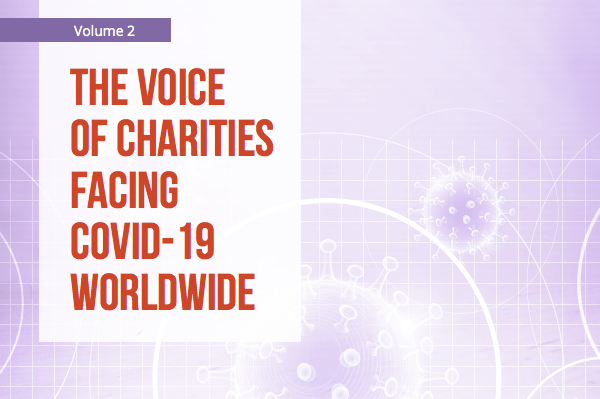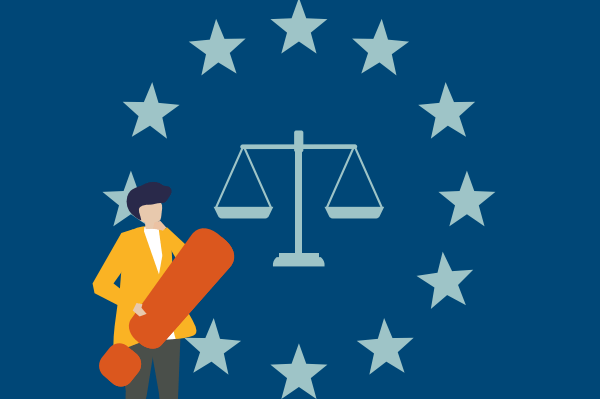
F2F fundraising resumes in Norway yielding better public response than pre-Covid days
June 3, 2020
Coronavirus: Over two-thirds of charities in worldwide poll report significant decline in donations
June 15, 2020A new handbook has been released to help civil society organisations use EU law to protect their rights and the civic space.
How to Use EU Law to Protect Civic Space is written by ECNL, in partnership with EFC and DAFNE and aims to provide a practical, user-friendly guide for CSOs who want to know:
– What EU law is and how it affects individuals and organisations
– When and how CSOs can challenge national provisions or measures that impact their mission, activities and operations on the basis of EU law, including the CFR (Charter of Fundamental Rights of the EU)
– Which legal avenues and resources are available for CSOs to defend their civic space within the EU law framework
The handbook is in four main parts: EU law: basic features and relevance to CSOs’ rights and freedoms; When can EU law be invoked to challenge national laws?; How to enforce your CSOs’ EU rights and freedoms against national measures; and Useful resources.
It draws extensively on the European Union Agency for Fundamental Rights on how to ensure compliance with the CFR when drafting national laws. It also complements The Use of EU Law To Protect Civic Space18 briefing published by The Open Society Justice Initiative, and includes some of its examples and legal arguments.
There are also practical examples outlined throughout the Handbook, based on real experiences, some of which have been by national courts and EU institutions in terms of compliance of national laws with EU law, and potential scenarios.
The handbook will be periodically updated with new practical examples as well as developments of those already mentioned as they emerge in case law, and research. As such, suggestions from CSOs, EU law practitioners and EU institutions on how to improve its content and practical usage are welcomed and feedback can be sent to Francesca Fanucci for ECNL (Francesca@ecnl.org) or Hanna Surmatz for DAFNE/EFC (hsurmatz@efc.be).
ECNL has also launched a #EUlaw4civicfreedomseries blog series, looking at how EU law applies to a variety of trends and cases, and showcasing different scenarios of how CSOs can rely on EU law to safeguard civic freedoms when it comes to restrictions in specific areas.
In the Foreword to the Handbook, Olivier de Schutter, UN Special Rapporteur on extreme poverty and human rights and former coordinator of the EU Network of Independent Experts on Fundamental Rights, states that:
“This fills a gap. And, unfortunately, it responds to a real need. The main message is that EU law offers a number of tools that can be used more systematically, to improve the protection of fundamental rights in the EU, and to allow civil society to effectively exercise its function as a watchdog for civil liberties in the EU. It is my hope that it shall be widely read, and used, in order to resist the worrying trends, we have seen develop in recent years in Europe.”
The Handbook has also received endorsements from the Fundamental Human Rights Agency and the European Economic and Social Committee (EESC).




